To mark the World Press Freedom Day held annually on 3rd May, the Media Council of Kenya has this year organised the Journalists’ Conference and the Annual Excellence Journalism Awards gala to be held in the evening at Intercontinental Hotel Nairobi.
The theme of the 2016 Journalists’ Convention is, Media on the Spotlight: Can the media be free, independent and professional to spur inclusive development, democracy, transparent and accountable leadership in the digitalised media environment?
The Media Council of Kenya has been hosting a Journalist’s Convention and the annual journalism excellence awards annually since 2012 to mark the UN’s World Press Freedom Day, observed every 3rd May globally.
The event is hosted by the Media Council of Kenya in partnership with the Government through the Ministry of Information, Communication and Technology (ICT), public agencies, international development partners, media owners, editors, media scholars and academic institutions among others. Other partners include the Communications Authority (CA), all public universities and colleges offering journalism, the UNDP, UN Women, UNESCO, Ford Foundation and business community.
Participants in this event comprise media practitioners, regulators, government officials, trainers and policy makers from Kenya, Tanzania, Uganda, Rwanda, South Sudan, South Africa, Somalia, Zimbabwe and Burundi with other speakers coming from, Europe, America and Asia. Kenyan delegates are largely drawn from the media industry, academia, civil society, donor agencies, institutions of higher learning and government institutions among others.
The Convention is aimed at creating and strengthening a functional network between media practitioners and industry players in Kenya and in the region to identify emerging issues and sharing workable strategies.
The World Press Freedom Day is annually observed on May 3rd to inform the international community that freedom of the press and freedom of expression are fundamental human rights. It was established by the General Assembly of the United Nations in December 1993 as an outgrowth of the Seminar on Promoting an Independent and Pluralistic African Press. This seminar took place in Namibia in 1991 and led to the adoption of the Windhoek Declaration on Promoting Independent and Pluralistic Media.
The journalists Convention has over the four years provided an opportunity for the Government to engage directly with the media industry on serious conversation on myriad issues of mutual interest including professionalism, media and governance, safety and protection of journalists, communication and development, freedom of express and access to information legal regimes and media as a business in the country. The event is expected to attract over 400 delegates, including journalists, and will feature various topics.
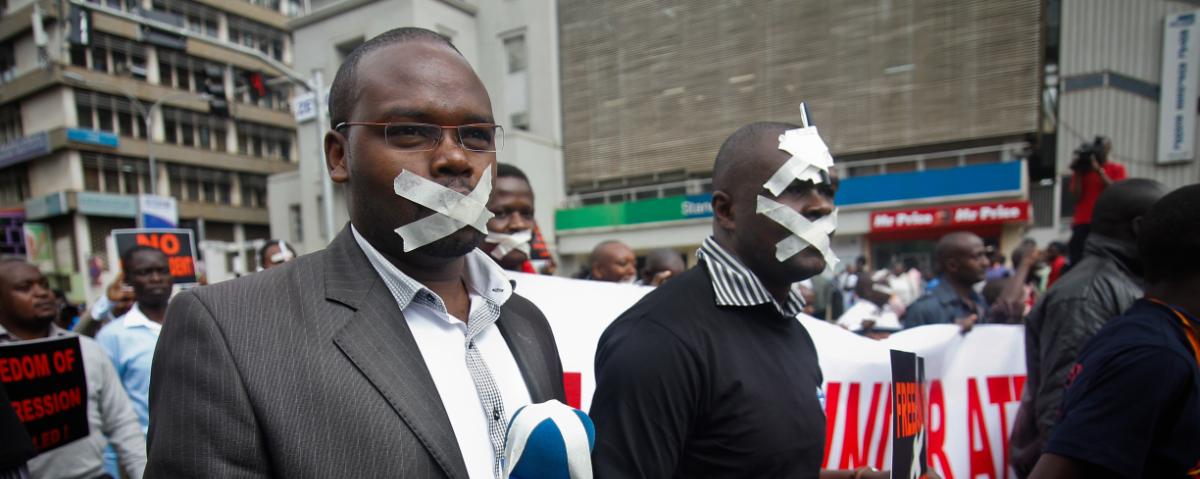
Media Self-censorship, Economic and Political Pressure in the digital Environment: Can Media survive to drive political and development agenda?: The debate on the effect of digitalised media on quality of journalism and transition to new sustainable model of media institutions is raging. The debate is that the changing media landscape and sustained push towards economic sustainability has come at the cost of editorial independence to an extent of sacrificing investigative journalism and effectively contributing to democracy and transparent leadership. Digital migration, increased use of internet and social media on the other hand has created a new order prompting increasing regulation and the risk of introduction of laws aimed at limiting cyber- crime and regulation of content all perceived as affront to media freedom and freedom of expression. Can media survive the challenge and remain independent and play its role in society?
Media and Technology: Regulation and media freedom dilemma in Kenya: Operationalisation of the Media and Freedom of Expression provisions in Articles 33,34,and 35 through various legislations and regulations have created increasing contention and legal suits rendering some of the regulatory bodies inactive while at the same time creating multiplicity and multiple layers of regulation. Some of these laws have been perceived as affront to media freedom and particularly those touching on regulation of content and cybercrime. The debate is on how to regulate media in digital environment to ensure free flow of news and information on the web, and mainstream media.
Contestation: Untrained, Underpaid and Unprotected Freelancers, Correspondents and Citizen Journalists – Whose responsibility?: Media has increasingly relied on correspondents and freelance journalists for news. Today, there is more reliance on user-generated content which has raised the questions of responsibility and safety. A question has also been raised of the distinction between civil activism and journalism. While citizen journalists go into dangerous zones without any protection to get stories, without any guaranteed payment, correspondents are underpaid and unprotected. Most of these have “moved in” in with County Governments where they double up as reporters and County Government media management consultants. What responsibility do media have for those they do not employ or underpay but whose content they use? Do they have clear policies on this? What is the way forward?
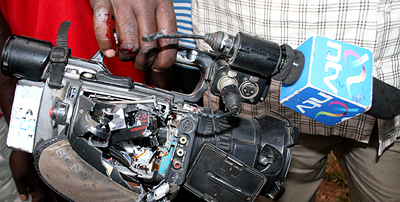
Journalists’ Safety and Security: Reporting Terrorism and Terrorist Attacks Responsibly and Staying Safe. (Experience from Crime and Terrorism Reporters): In the wake of terrorism, conflict between groups and communities, journalists are increasingly targeted both by those who wish to silence them and those who seek national and international exposure. Yet, journalists still struggle to come out with stories in such risky environment. There are no legal provisions for protection and safety of journalists while international treaties and instruments go unnoticed and more often ignored. How do journalists survive in this environment? What is the role of the media houses in ensuring protection and safety of journalists? How can they contribute to the implementation of international treaties that guarantee the protection of journalists? What is the role of journalists in securing their safety? What are the best newsroom practices that would minimize the risk and contribute to safety of reporters?

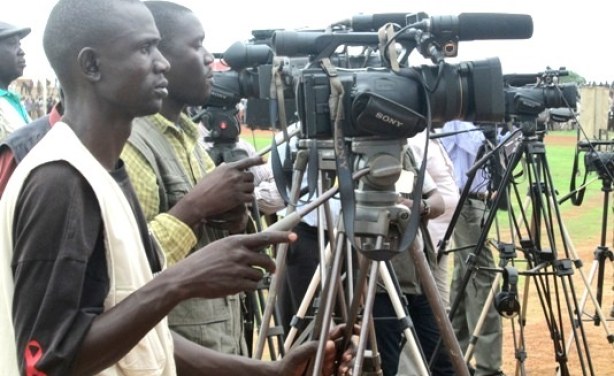
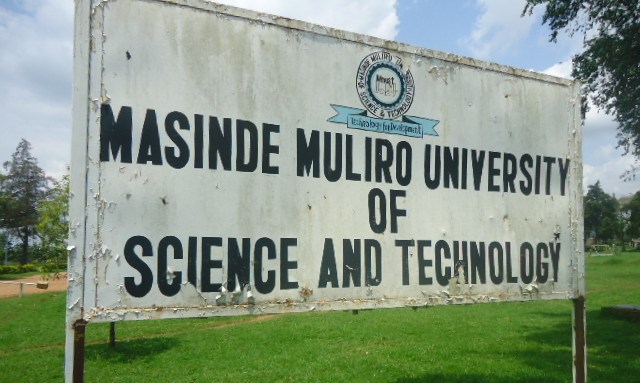
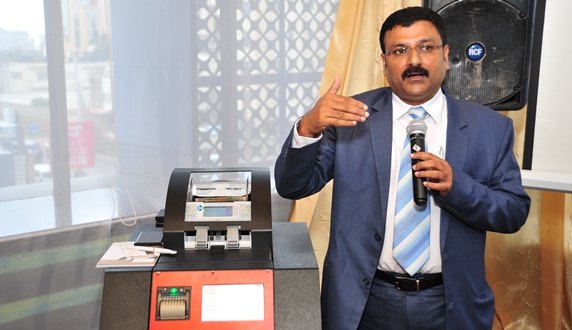
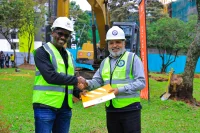


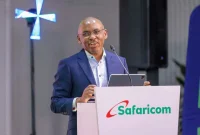











































![Pula Co-Founders and Co-CEOs, Rose Goslinga & Thomas Njeru. Pula provides agricultural insurance and digital products to help smallholder farmers manage climate risks, improve farming practices and increase their incomes. [ Photo / Courtesy ]](https://businesstoday.co.ke/wp-content/uploads/2021/01/Pula-Co-Founders-and-Co-CEOs-Thomas-Njeru-Rose-Goslinga.jpg)
























































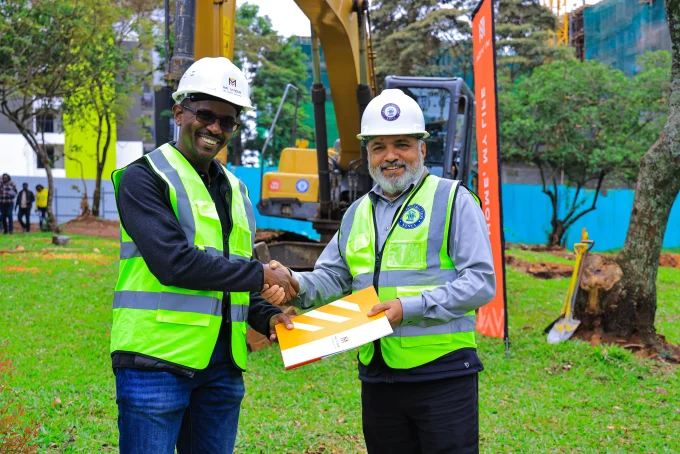
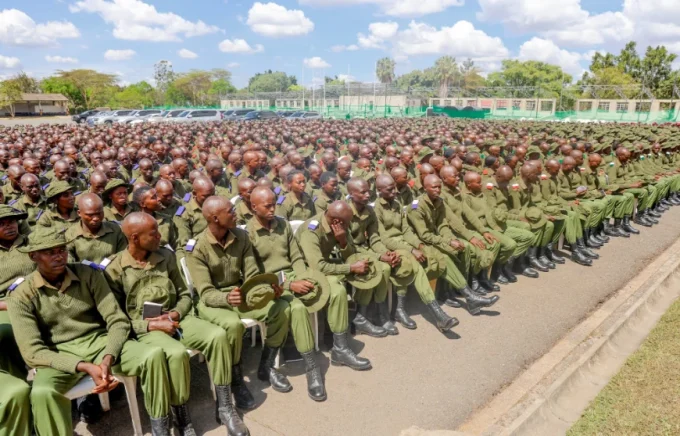
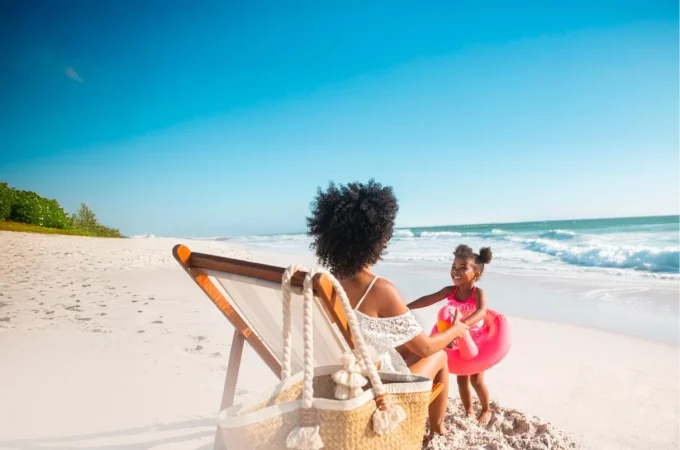
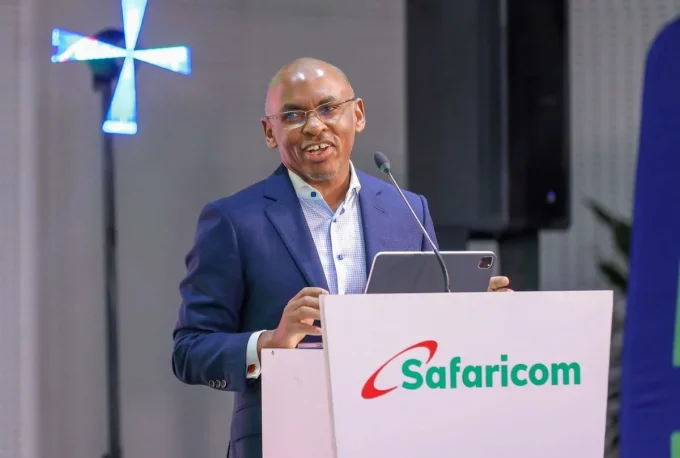
Leave a comment